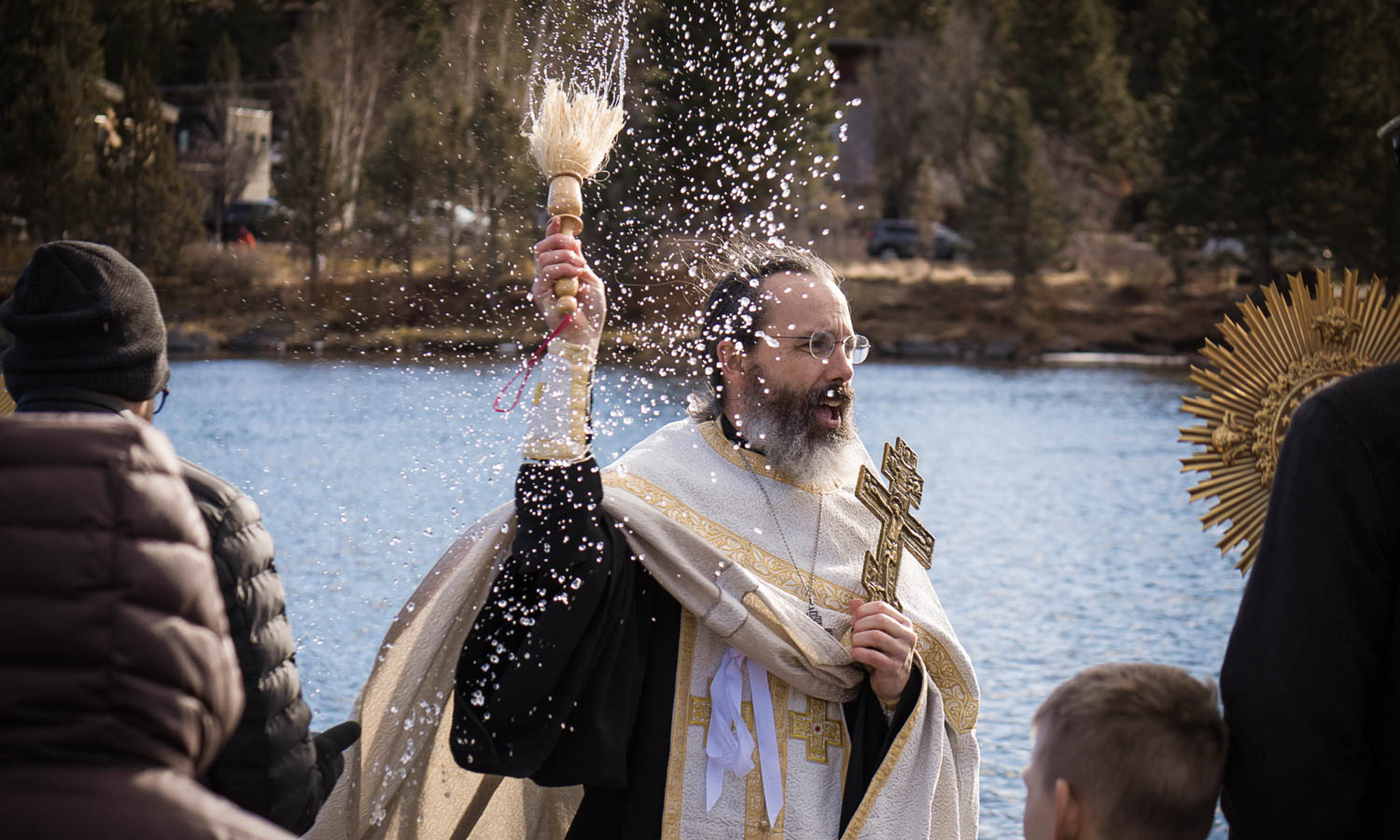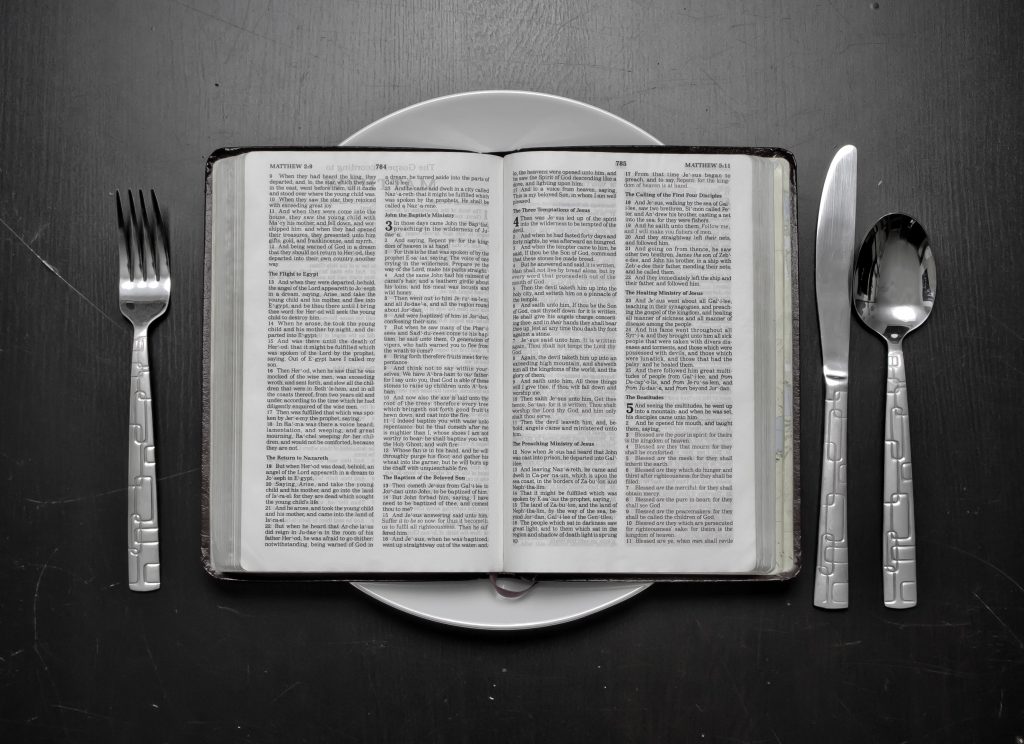The season of Great Lent is the time of preparation for the feast of the Resurrection of Christ. It is a time of
- renewed devotion: of prayer, fasting, and almsgiving,
- repentance & renewal of our minds, hearts and deeds in conformity with Christ and His teachings,
- our return to the great commandments of loving God and our neighbors, most of all!
In the Orthodox Church, Great Lent is not a season of morbidity and gloominess. On the contrary, it is a time of joyfulness and purification. We are called to “anoint our faces” and to “cleanse our bodies as we cleanse our souls.” The very first hymns of the very first Vesper service of Great Lent teach us:
Let us begin the lenten time with delight . . . let us fast from passions as we fast from food, taking pleasure in the good words of the Spirit, that we may be granted to see the holy passion of Christ our God and his holy Pascha, spiritually rejoicing.
Thy grace has arisen upon us, O Lord, the illumination of our souls has shown forth; behold, now is the acceptable time; behold, now is the time of repentance.
It is our repentance that God desires, not our remorse. We sorrow for our sins, but we do so in the joy of God’s mercy. We mortify our flesh, but we do so in the joy of our resurrection into life everlasting. We make ready for the resurrection during Great Lent, both Christ’s Resurrection and our own.
Lenten Fasting
Generally speaking, fasting is an essential element of the Christian life. Christ fasted and taught men to fast. Blessed fasting is done in secret, without ostentation or accusation of others (Mt 6.16; Rom 14). It has as its goal the purification of our lives, the liberation of our souls and bodies from sin, the strengthening of our human powers of love for God and man, the enlightening of our entire being for communion with the Blessed Trinity.
The Orthodox rules for lenten fasting are the monastic rules: No meat, no eggs or dairy products. These rules exist not as a Pharisaic “burden too hard to bear” (Lk 11.46), but as an ideal to be striven for; not as an end in themselves, but as a means to spiritual perfection crowned in love. However, this is the true fast that is pleasing to the Lord:
- the casting off of evil,
- the bridling of the tongue,
- the cutting off of anger,
- the cessation of lusts, evil talking, lies and cursing.
The lenten services also make the undeniable point that we should not pride ourselves with external fasting since the devil also never eats! Knowing the great effort to which they are called, Christians should make every effort to fast as well as they can, in secret, so that God would see and bless them openly with a holy life. Each person must do his best in the light of the given ideal.
In addition to the ascetic fasting of the lenten season, during the week days of Great Lent the regular eucharistic Divine Liturgy is not celebrated in Orthodox churches since the Divine Liturgy is always a celebration of communion with the Risen Lord. Because the lenten season is one of preparation for the Lord’s Resurrection through the remembrance of our own sin and separation from God, the liturgical order of the Church eliminates the eucharistic service on the weekdays of lent. Instead the non-eucharistic services are extended with additional scripture readings and hymnology of a lenten character. In order that the faithful would not be entirely deprived of Holy Communion on the lenten days, however, the Liturgy of the Presanctified Gifts is celebrated on Wednesday and Friday evenings.
Even during Great Lent, Saturday (the Sabbath Day) and Sunday (the Lord’s Day) remain eucharistic days, and the Divine Liturgy is celebrated. On Saturdays it is the normal Liturgy of Saint John Chrysostom, usually with prayers for the dead. On Sundays it is the longer Liturgy of Saint Basil the Great.
(adapted from the OCA website)


